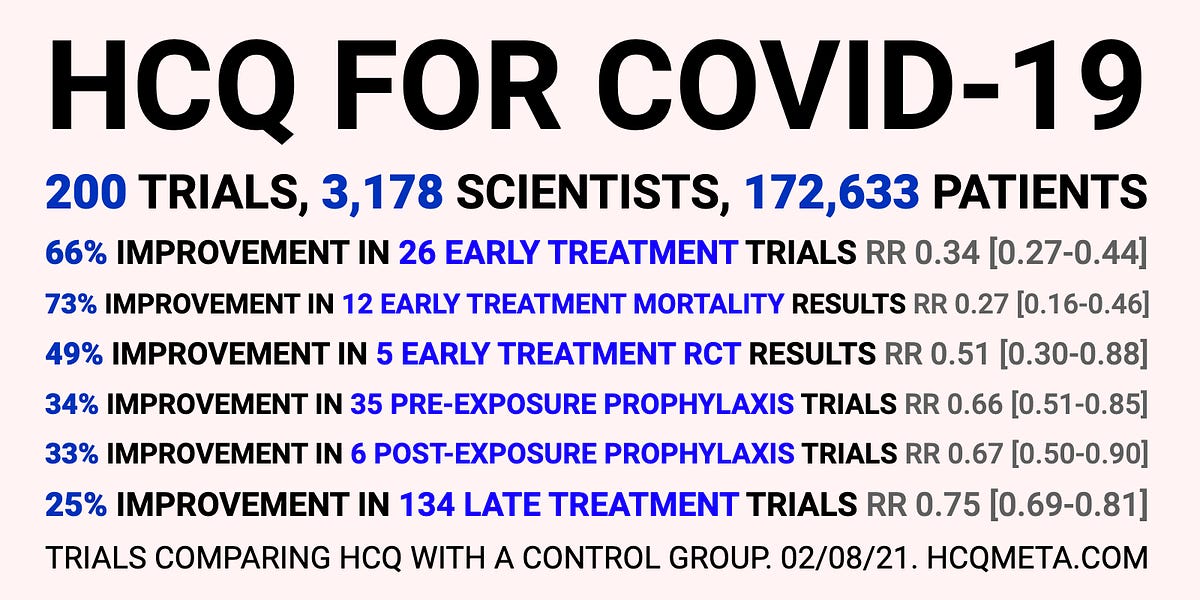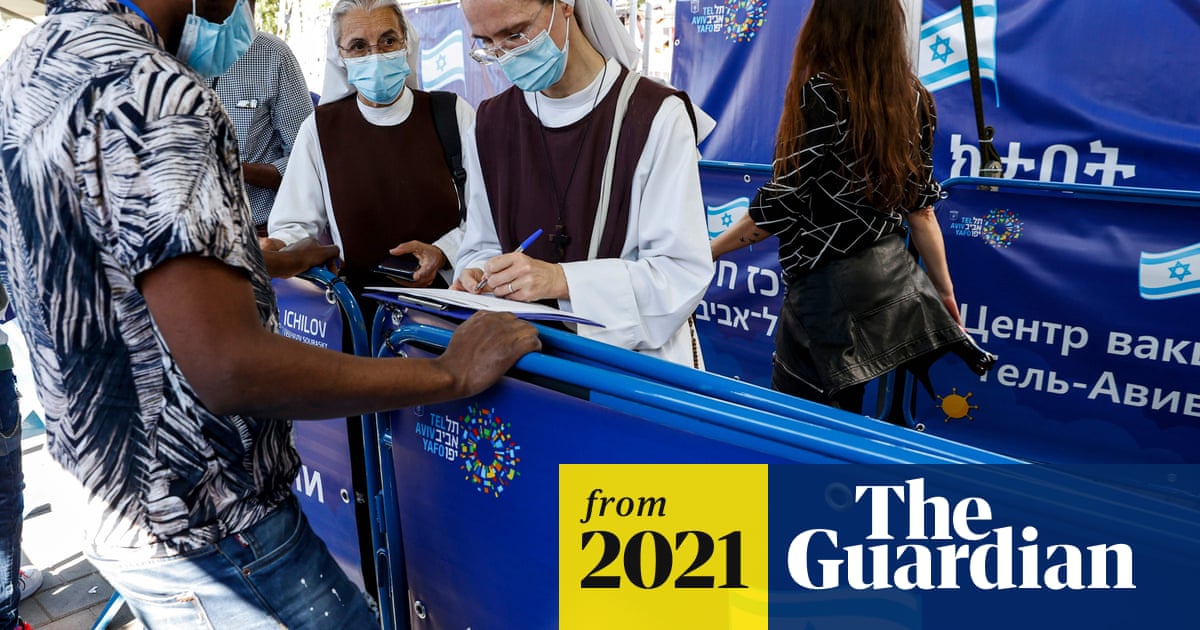-
Hey, guest user. Hope you're enjoying NeoGAF! Have you considered registering for an account? Come join us and add your take to the daily discourse.
You are using an out of date browser. It may not display this or other websites correctly.
You should upgrade or use an alternative browser.
You should upgrade or use an alternative browser.
Mask Efficacy |OT| Wuhan!! Got You All In Check
- Thread starter keraj37
- Start date
- Status
- Not open for further replies.
arkhamguy123
Banned
Eh. This thing was probably circulating well before it was officially sequenced. I'll wait for any resurgence instead of freaking out as cases plummet over a resurgence that "may" happen.
Also, lets say my optimism is misplaced. Whats the endgame here? A whole new pandemic that last another 2 years? I don't know I just don't see it. Plus the vaccine boosters to combat this more effectively are coming this fall so.
Liljagare
Member
Eh. This thing was probably circulating well before it was officially sequenced. I'll wait for any resurgence instead of freaking out as cases plummet over a resurgence that "may" happen.
Also, lets say my optimism is misplaced. Whats the endgame here? A whole new pandemic that last another 2 years? I don't know I just don't see it. Plus the vaccine boosters to combat this more effectively are coming this fall so.
Covid is going to be the new flu. Alot of governments are pointing towards Covid-19 to be a long haul, so it is just safe to assume, it will be so.
Meanwhile, here in Sweden, we have had no flu season, and the Novo virus is nowhere to be seen this season.
I am personally so glad over one of them, damn Novo virus has gotten me every year, so happy to have skipped the fountain shoot out of every orifice for the last year, it is a awfull virus too.
Keep washing your hands please.
Last edited:
Jezbollah
Member
Why are cases in UK and South taking a nosedive? Why at the same time, when both discovered a different new variant at the same time?
Theres a number of possibilities, although this affects the entire UK,
- Increased antibody levels (either through previous infections or vaccines taking effect)
- Lockdown effect lag
- Increased public awareness through adverts, hospital footage and bigger fines for people breaking party rules etc.
- another one is potentially the track and trace framework may be showing signs of working, but I've heard a few things related to this but nothing properly solid
I think also, the rest of the midlands and north are seeing less of a fall in new cases in comparison, a lag effect compared to the south.
I'm leaning towards the vaccine starting to show some signs of making a difference here, but it will be more pronounced in a few weeks time.
ManaByte
Member
So that makes most Twitter users, IG models, and TikTok dancers immune I guess.
12Goblins
Lil’ Gobbie
Why are cases in UK and South taking a nosedive? Why at the same time, when both discovered a different new variant at the same time?
they are random mutations. it can go in any direction.
the more widespread the virus is, the more mutations we will get.
Last edited:
We haven't started vaccinating here in South Africa. We had an alcohol and beach ban. And it's been raining a lot lately.Theres a number of possibilities, although this affects the entire UK,
- Increased antibody levels (either through previous infections or vaccines taking effect)
- Lockdown effect lag
- Increased public awareness through adverts, hospital footage and bigger fines for people breaking party rules etc.
- another one is potentially the track and trace framework may be showing signs of working, but I've heard a few things related to this but nothing properly solid
I think also, the rest of the midlands and north are seeing less of a fall in new cases in comparison, a lag effect compared to the south.
I'm leaning towards the vaccine starting to show some signs of making a difference here, but it will be more pronounced in a few weeks time.
If R is kept below 1, the number of new daily cases will decay exponentially. The decline is probably steeper since the spread of the regular virus will be getting more severely restricted by the new measures, than the variant is.Why are cases in UK and South taking a nosedive? Why at the same time, when both discovered a different new variant at the same time?
ManaByte
Member
Edited
It's amazing to watch a governor actively trying to get himself recalled.
nush
Member
Thing to note with Asia is that they believe a lot of the population have antibodies and t-cells from the original 2003 SARS1 outbreak, and this has helped prevent cases with COVID19.
Infection rate seems awfully low per populous to make that a reality.

2002–2004 SARS outbreak - Wikipedia
Jezbollah
Member
Infection rate seems awfully low per populous to make that a reality.

2002–2004 SARS outbreak - Wikipedia
en.wikipedia.org
Yep to be fair I've not seen much more data on what I saw recently, so I suspect its not had that much of an effect. They did say that people have still tested postitive for SARS1 antibodies in 2020. So more of a "antibody life" stat rather than a "COVID infection" stat most likely.
Some more vaccine news, not sure if these have been mentioned:

 www.9news.com.au
www.9news.com.au
Study has not been peer reviewed.
Also:

South Africa suspends AstraZeneca vaccine drive
Study has not been peer reviewed.
Also:
“Protection against moderate-severe disease, hospitalisation or death could not be assessed in this study as the target population were at such low risk,” a statement issued by Oxford University and the University of the Witwatersrand in Johannesburg said.
Last edited:
ManaByte
Member
Congratz America, 87,000 new cases on the 07/02/21. Cases are dropping like flies.

CrankyJay™
Member
Got a note from my doc in anticipation for comorbidity eligible vaccinations in NY. I’m sure it will be damn near impossible to find an appointment when they start rolling out on Sunday.
BadBurger
Many “Whelps”! Handle It!
I work for a large healthcare network. We finally saw our first three week period of reduced cases in the ICU since this began.
Christ please let most people get vaccinated by summer. I never thought I'd say this but I miss my office. I miss the breakroom. I miss so many little things I haven't seen in a year now.
Christ please let most people get vaccinated by summer. I never thought I'd say this but I miss my office. I miss the breakroom. I miss so many little things I haven't seen in a year now.
Last edited:
TheContact
Member
getting my 2nd shot next week. pretty grateful to be in a position to receive it after the stories i've seen about how desperate some people are to get it
ManaByte
Member
That probably had more with shit covered streets than COVID.
McHuj
Member
That's good to know about the MRNA vaccines and GBS.
My daughter has GBS from a common viral infection and the doctors wouldn't even recommend a flu shot for the first year after that. It's something that's always been in the back of my mind when these things get approved for kids eventually.
CrapSandwich
former Navy SEAL

Paying Lip Service to Science
It should amuse everyone that people completely unfamiliar with the scientific method and science in general are the ones most likely to promote memes of “follow the science” and “believe in science.”
Nice bit that includes the absurdity of people saying "I believe in science." Really about the least scientific mindset you could have and is often used as a bulwark to defend a belief in spite of conflicting evidence. There's a link in there that goes to a meta-analysis of hundreds of HCQ studies that show positive benefit of HCQ in early to mid-stage treatment:
HCQ is a pretty interesting phenomenon because it's proof positive that literally anything can be politicized. And that politicization is only going to long term undermine trust in science.
How does this gibe with the fact that viruses, while they will tend to mutate towards greater transmissibility, will also tend to mutate towards less lethality? Interesting.
The unusually long communicable incubation period offers a lot of leeway on this in Covid's case.How does this gibe with the fact that viruses, while they will tend to mutate towards greater transmissibility, will also tend to mutate towards less lethality? Interesting.
The unusually long communicable incubation period offers a lot of leeway on this in Covid's case.
Good point.
SpiceRacz
Member

Pfizer/BioNTech vaccine reducing viral load, data from Israel suggests
Initial study brings hope vaccine will reduce Covid transmission
DragoonKain
Neighbours from Hell
I think one of my best friends might have it. He's been vomiting for 2 days straight. Has chills, body aches. Too fatigued to even get out of bed. Said he's left bed once just to pee. He's very fit and athletic too. He's getting tested tomorrow if he can get out of bed, he's really weak. Said it's been a long time since he's been this sick. No lung or breathing stuff though.
Aesius
Member
Panicking over mutations means we will never come out of lockdowns.
GamingKaiju
Member
https://www.reuters.com/article/uk-...dermine-vaccines-scientist-says-idUSKBN2AB0KK
Years?
The British variant, which is more infectious but not necessarily more deadly than others, was likely “to sweep the world”, Peacock said.
“Once we get on top of (the virus) or it mutates itself out of being virulent - causing disease - then we can stop worrying about it. But I think, looking in the future, we’re going to be doing this for years. We’re still going to be doing this 10 years down the line, in my view.”
Years?
- Status
- Not open for further replies.

